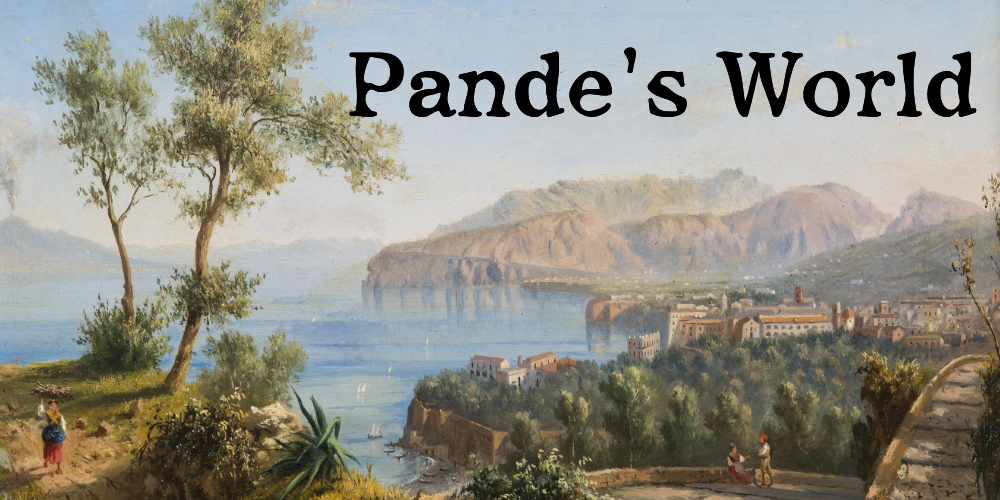Imperial language
The lingua franca of The New Empire of Belyos, Imperial has been spoken throughout the Empire since its foundation two thousand years ago. Scholars have postulated that it is merely a continuation of the language spoken prior to the Inheritance War, as the tongues spoken by the various Sakamohr and Dwellers tribes have some similarities in both grammar and vocabulary.
Formal Imperial is the dialect spoken by Imperial Bureaucrats, the Imperial House, the noble houses and the Elector Lord houses. It is understood by all within the Empire with minimal effort, and is considered the 'base' dialect from which all others are derived. In the early days of the Empire, Imperial scholars ensured coherence across the land, but after the secession crisis, it's influence waned and some variation crept in, particularly in the north. When Til-Yaltur re-unified the land, the Imperial Language Bureau was created, and Formal Imperial was once more homogenised.
Local Imperial varies across the Empire, with regional variations in vocabulary and pronunciation. Dialects are localised and change slowly over distance, with one's origins in the Empire easily identified by one's accent and dialect. In some rural areas, away from central influence, the language spoken is almost unintelligible to those from more distant parts. In parts of Arall and Lorsund the accent is very mixed as a result of migration from the north into the largely empty lands, with a similar process in the northern nations.
Written Imperial has remained as unchanged as possible since the Empire's founding, although literacy rates amongst all but priests and the most educated of nobles is quite low.
Phonology
Consonants
Vowels
| Manner/Place | Labial | Coronal | Palatal | Velar | Labial-velar | Glottal |
|---|---|---|---|---|---|---|
| Nasal | m | n | ||||
| Stop | b p | d t | k | |||
| Affrictive | ||||||
| Fricative | f | z s | h | |||
| Approximant | l | j | w | |||
| Rhotic | r |
| Front | Central | Back | ||||
|---|---|---|---|---|---|---|
| short | long | short | long | short | long | |
| Close | ɪ | iː | ʊ | uː | ɔː | |
| Mid | e | eə | ə | ɜː | ɒ | |
| Open | æ | ʌ | ɑː |
Morphology
Syllable structure: (C)(V)(C)
Stress pattern: Stress is on the first syllable
Stress pattern: Stress is on the first syllable
Syntax
Main word order: Verb Subject Object - 'Opened Mary the door with a key.'
Adjective order: Adjectives are positioned after the noun.
Adposition: prepositions
Vocabulary
Nouns
Nouns have three cases:
Articles
Imperial has no definite article ‘the’, or indefinite article ‘a’. Pronouns
- Ergative is the doer of a verb, when the verb is done to something: dog bites man.
- Absolutive is used in two scenarios: the doer of a verb when not done to something (dog bites), and the done-to of a verb (man bites dog).
- Genitive is the possessor of something: dog’s tail hits man.
| Ergative | Suffix: -ɪa |
| Absolutive | No affix |
| Genitive | Suffix: -ʌ |
| Singular | No affix |
| Plural | Suffix -æ |
Imperial has no definite article ‘the’, or indefinite article ‘a’. Pronouns
| Ergative | Absolutive | Genitive | |
|---|---|---|---|
| 1st singular | ai
I |
ae
me, I |
aun
mine |
| 2nd singular | ti
you |
to
you |
tor
yours |
| 3rd singular (masc) | maw
he, it |
maw
he, it |
maw
he, it |
| 3rd singular (fem) | hew
she, it |
hew
she, it |
hew
she, it |
| 1st plural | le
we |
le
us, we |
le
ours |
| 2nd plural | ti
you all |
to
you all |
tor
yours (pl) |
| 3rd plural | ha
they |
ha
they |
ha
they |


Comments